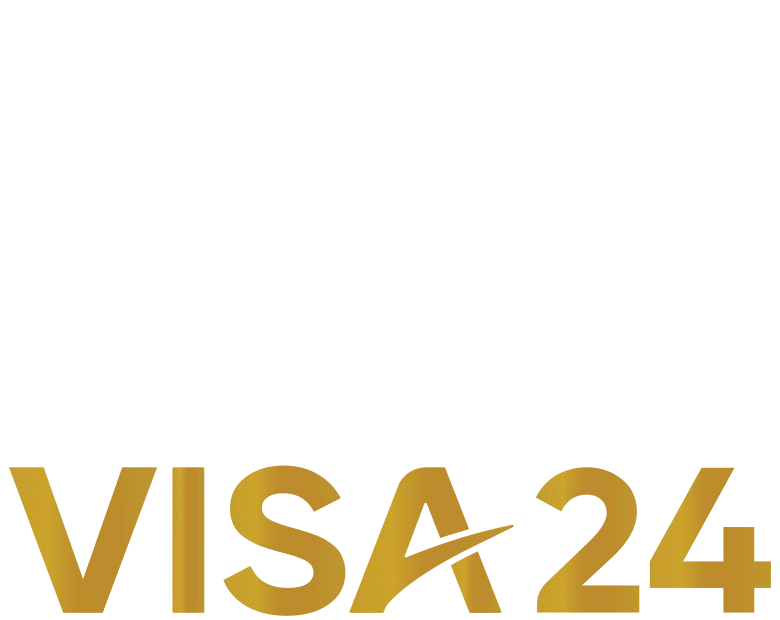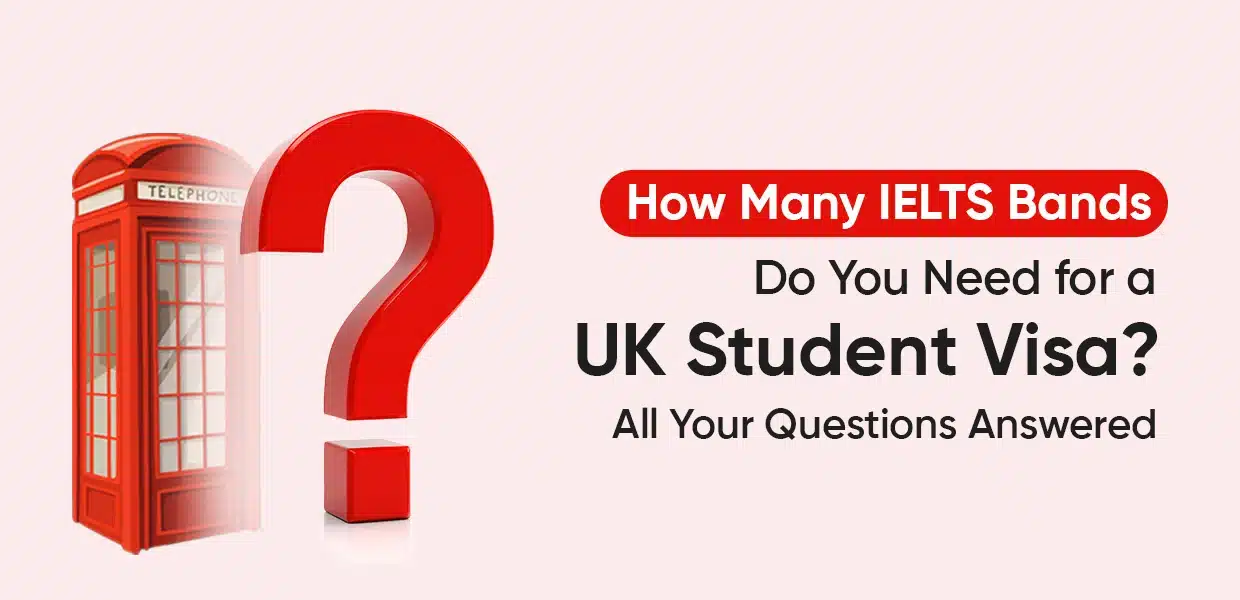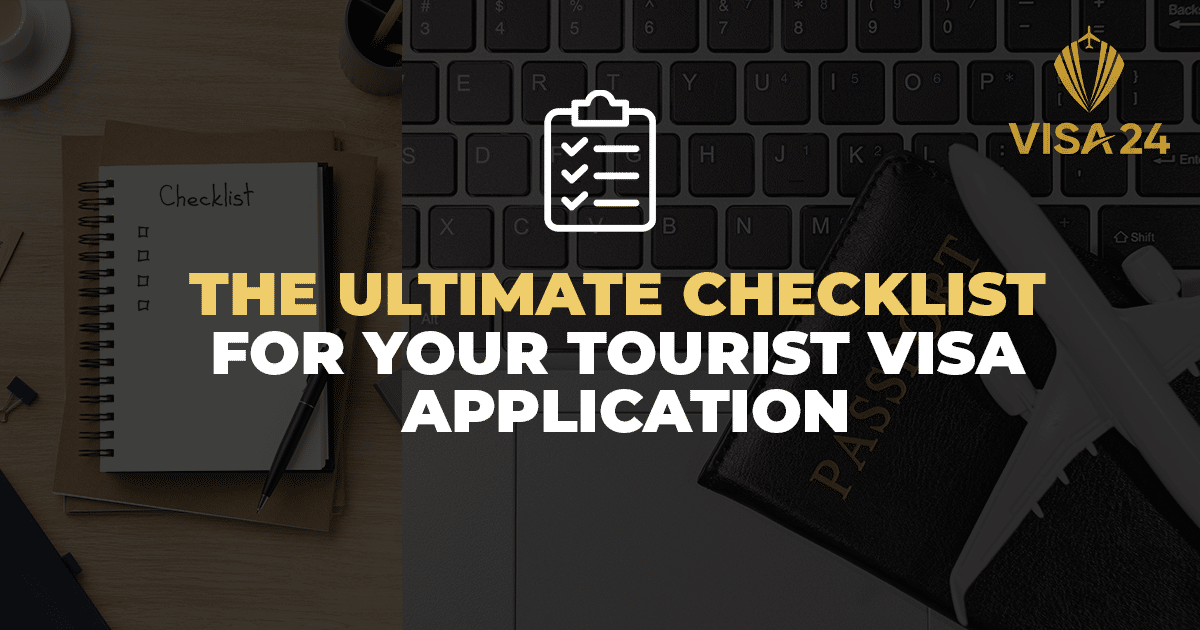Studying at one of the recognized universities in the UK seems like a turning point in your career growth and opportunities. Due to the fact that the United Kingdom is known for its quality and its real-time approach to the learning and educational field. But before that, applying for a UK study visa includes your scores on the IELTS exam which is one of the essential language proficiency tests. It is conducted globally and results in testing your language skills in the form of “bands”.
Table of Contents
ToggleA minimum of 5 or more is accepted while submitting the UK student visa application depending on your targeted university and the chosen course.
Minimum IELTS score set by the UK universities
Most of the universities in the UK ask you to secure at least 6 or 6.5 bands in your IELTS test except for some prominent colleges and selected programs. Also, when it comes to undergraduate students, academic performance in their 12th standard matters a lot.
You can check the IELTS eligibility requirement for some of the topmost UK universities by visiting their official websites including based on their ranks and band requirements for both under and postgraduate courses.
IELTS eligibility in the UK Student Visa application process
The IELTS band of 4.0 or more is usually needed for applying for a UK study visa. However, in order to get admitted to a prestigious UK university you need to at least score 6.5 or more for your desired course. The government asks you to fill out a Tier 4 visa application form that can accept IELTS for the UKVI examination in which only speaking and listening scores are considered that should be not less than 4.0. Otherwise, you have to acquire at least 6.5 to get admission to one of the reputable colleges in the UK with a chosen field.
How much IELTS score do you get for a particular course?
If you are enrolled in;
Undergraduate courses
- If you took one of the streams in STEM subjects, then it should be a minimum of 6.5 or more with 6.0 in each section of your IELTS exam considering the selected university criteria.
- In the case of other courses such as foundational or skilled-based programs, there would be the requirement of a 5.0 band as per IELTS for UKVI.
Postgraduate Courses
- Any top university will accept a minimum of 7.0 with a 6.5 band in each section of your IELTS test. This is the case when you have taken one of the mainstream subjects in the STEM field.
- Also, as for other programs, a 5.0 or more is similar enough to the graduate ones.
How can you improve your IELTS marks?
There is no need to disappoint if you have secured a lower score in your IELTS as there is always a retake option for such a worldwide recognizable examination. However, you should consider your weak sections and thoroughly work on them in order to improve your bands. Some practical ways to do that are;
- Going through sample papers
It helps to understand the in-depth pattern and difficulty level of the IELTS exam. However, you already have some previous experience and this is just to revise and judge your preparation.
- Practice and Analysis
By practicing and analyzing each section multiple times you can improve your preparation level by having a good grip on your IELTS test.
- Work on your weak part
Now you understand your weak parts which can be anything listening, reading, speaking, or writing. It is time to work consistently on those so that there will be little or no improvement left after all.
- Discipline and Time management
The IELTS exam is not only there to test your language skills but also the time management and discipline you maintain while facing the offline test.
- Studying and Learning each topic individually
Carefully recognizing weak areas doesn’t mean forgetting remaining subjects that are less challenging than others. You need to be focused on each topic equally.
- Solve practice sheets
By solving practice and sample sheets, you are now ready for your IELTS exam with more confidence and preparation.
Also read, Top 5 Essential Tips To Achieve A High PTE Score For A UK Student Visa Application
Any other language proficiency requirement for a UK study visa
If you don’t want to take the IELTS exam for your UK student visa application and university admission, then there are other optional language proficiency tests available to be accepted by most government institutions. Such includes PTE, TOEFL, etc. They are also considered standardized exams in the eyes of the UK government. However, apart from the modes, the difficulty level of each of these exams will be the same.
Final Words
An IELTS examination is a language proficiency offline test conducted at the global level. The test score is considered one of the mandated eligibility requirements while applying for a UK student visa. A minimum of 4.0 or more will be required for a UK study visa while taking admission to one of the esteemed UK universities, there is a need for at least 6.5 or more based on your course selection.
Also read, 10 Common UK Student Visa Interview Questions and Tips For Best Responses, A Step-By-Step Guide To The UK Study Visa Process
FAQ’s
1. Can I apply for a UK student visa without IELTS?
Yes, you can apply by taking other language proficiency tests such as PTE and TOEFL. However, it also depends on the university you are applying for.
2. I have 4.5 bands in the IELTS test. Can I be eligible?
You indeed will be eligible for applying for a UK study visa but not for enrollment in any one of the top universities in the UK.
3. Is there a difference between IELTS and IELTS UKVI?
There is no significant difference between both of them whatsoever. However, the latter can only be accepted in the United Kingdom.
4. I have scored low in one of the sections in my IELTS exam. Can I retake for that only?
Yes absolutely as there is a new feature added recently that allows you to take any one of the sections of an IELTS exam.
5. What is the registration fee for IELTS and also for retaking the exam? Also, will my fee get refunded in case of cancellation?
The fee for retaking the test would be Rs 16,250, the same applicable for the previous registration. However, in case of cancellation, you will get a refund subtracting 20% of the registration fee plus applicable taxes.

















